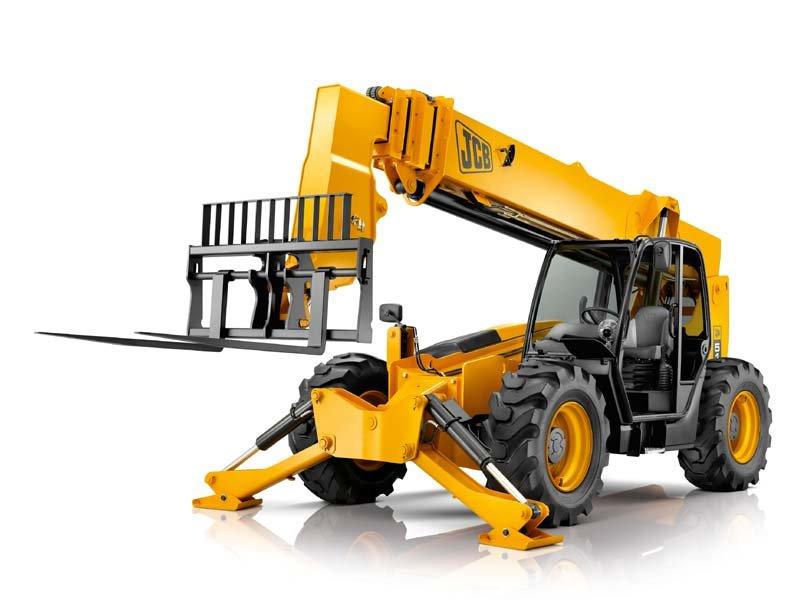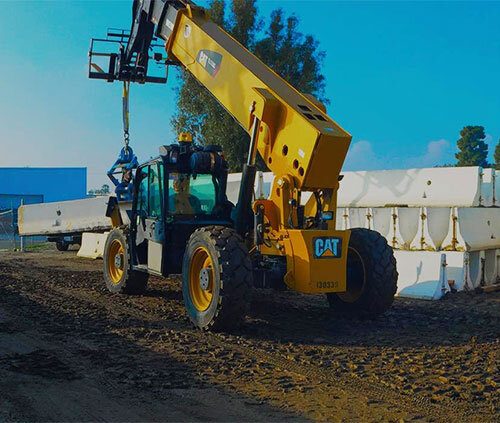Mini Excavator Rental: Compact Machines for Strict Spaces
Mini Excavator Rental: Compact Machines for Strict Spaces
Blog Article
Optimize Your Budget by Recognizing the Expenses Linked With Construction Tools Rentals
Comprehending the full extent of prices linked with construction equipment services is crucial for maximizing your budget plan. What approaches can be used to successfully handle these expenses and make sure a more efficient rental experience?
Introduction of Rental Costs
When considering construction tools leasings, understanding the linked costs is paramount for reliable budgeting and job preparation. Rental prices can vary considerably based upon numerous factors, including tools type, period of leasing, and place. The first rental fee typically shows the equipment's market need and its connected functional capacities, affecting the overall cost.
Along with the base rental price, secondary expenses may occur, such as transport costs, gas surcharges, and upkeep charges. It is important to represent these extra costs to precisely analyze the total price of leasing equipment. Additionally, the rental duration can influence prices; longer leasings may get affordable rates, while short-term services could sustain higher day-to-day fees.

Failure of Rental Prices
A thorough understanding of rental rates is important for contractors and task managers aiming to optimize their budget plans. Rental prices for building tools usually include several parts, including base rates, time-based fees, and usage charges.
Base prices are the core costs associated with the leasing of the devices, usually determined by the kind and dimension of the machinery. These rates can differ substantially, affected by factors such as equipment need, accessibility, and regional market patterns. Time-based charges, which might be daily, weekly, or monthly, serve to fit various job timelines and rental durations.
Additionally, rental prices may include use fees, which are suitable when tools is made use of beyond a specified limit, making certain that the rental company can represent deterioration. Seasonal demand changes can likewise influence rental rates, with peak construction seasons typically regulating greater costs.
Additionally, recognizing the rental firm's plans regarding upkeep and insurance can give further understanding into the general cost framework. By analyzing these elements, contractors can make enlightened decisions, making sure the selection of rental devices straightens with both task needs and budget restraints.
Extra Charges to Consider
Comprehending the intricacies of added fees is critical for specialists to manage their overall rental expenditures successfully. Past the conventional rental rates, numerous supplemental charges can considerably impact the total expense of equipment leasing. These costs usually include distribution and pickup costs, which can vary based upon distance and logistics associated with transferring the tools to and from the task website.
In addition, some rental business might impose fuel additional charges if the equipment is returned with less fuel than when address rented. It is likewise necessary to know possible cleansing fees, particularly for specialized equipment that requires thorough maintenance after use.

Extensively reviewing the rental contract and clearing up these extra fees in advance can aid professionals avoid unanticipated expenses and ensure that budget plans stay undamaged throughout the task lifecycle.
Repair And Maintenance Expenditures
Routine maintenance and repair service expenses are often overlooked aspects that can considerably affect the overall price of building tools rentals. When renting out equipment, it is critical to consider not just the rental fees however also the prospective prices related to keeping the equipment in optimal operating problem.
Many rental firms include standard maintenance as component of the rental contract; however, extra extensive fixings or unexpected breakdowns can lead to additional expenditures. It's vital to review the rental contract meticulously to recognize what upkeep services are covered and what duties drop on the tenant.
Furthermore, devices that is not well-kept can lead to inadequacies on the work site, possibly boosting and causing hold-ups task costs. To minimize these dangers, it is advisable to carry out regular evaluations and keep dig this open communication with the rental provider regarding any issues that occur during use.
Insurance Coverage and Obligation Costs
Insurance and liability prices are critical components that can considerably impact the overall expenditure of construction tools services (boom lift rental). These costs make certain that both the rental firm and the client are protected from possible financial losses occurring from crashes, damages, or burglary during the rental period

Additionally, customers must know any type of deductibles or exclusions in the insurance plan, as these can impact possible out-of-pocket expenses. Understanding the conditions of any type of insurance protection is vital to stay clear of unforeseen costs. Eventually, budgeting for insurance coverage and liability costs can assist ensure a smoother rental experience and shield versus economic threats linked with construction jobs.
Verdict
Finally, a detailed understanding of the prices related to construction devices leasings is crucial for effective budget plan monitoring. By analyzing rental rates, extra charges, upkeep expenditures, and insurance organizations, requirements and individuals can decrease unanticipated expenditures. This calculated method not only these details boosts cost-effectiveness but also guarantees that jobs advance smoothly and efficiently. Inevitably, informed decision-making regarding devices rentals adds to the overall success of building undertakings.
Rental expenses can differ dramatically based on a number of aspects, consisting of tools kind, period of service, and area (mini excavator rental). The rental duration can influence pricing; longer rentals may qualify for discounted prices, while short-term leasings may incur higher daily charges
By performing comprehensive research and involving with trusted rental companies, contractors can effectively browse the intricacies of rental prices, ultimately optimizing their economic sources.
Beyond the conventional rental rates, numerous auxiliary costs can substantially affect the total price of devices leasing. Rental business typically provide obligation insurance that covers injuries to 3rd parties or damage to residential property, while equipment damage insurance policy can cover the price of repairs or replacement if the leased tools is harmed.
Report this page